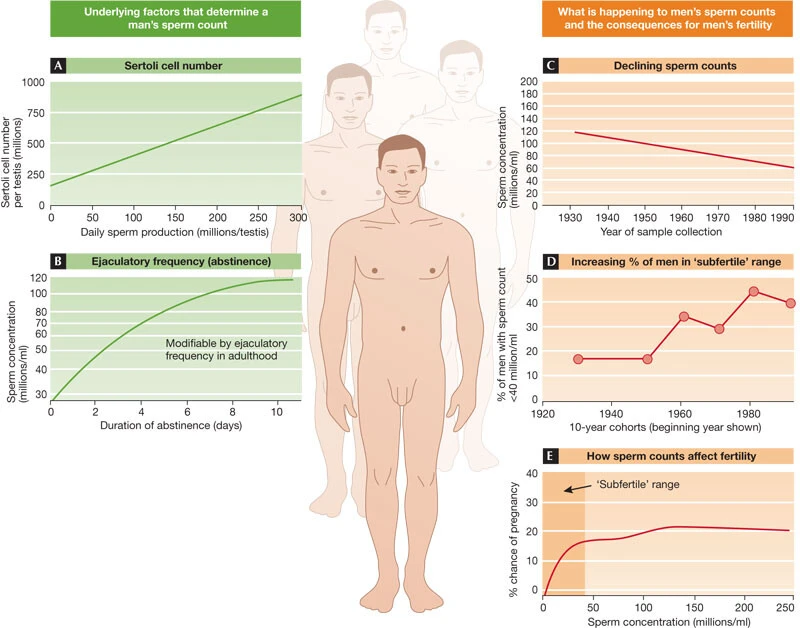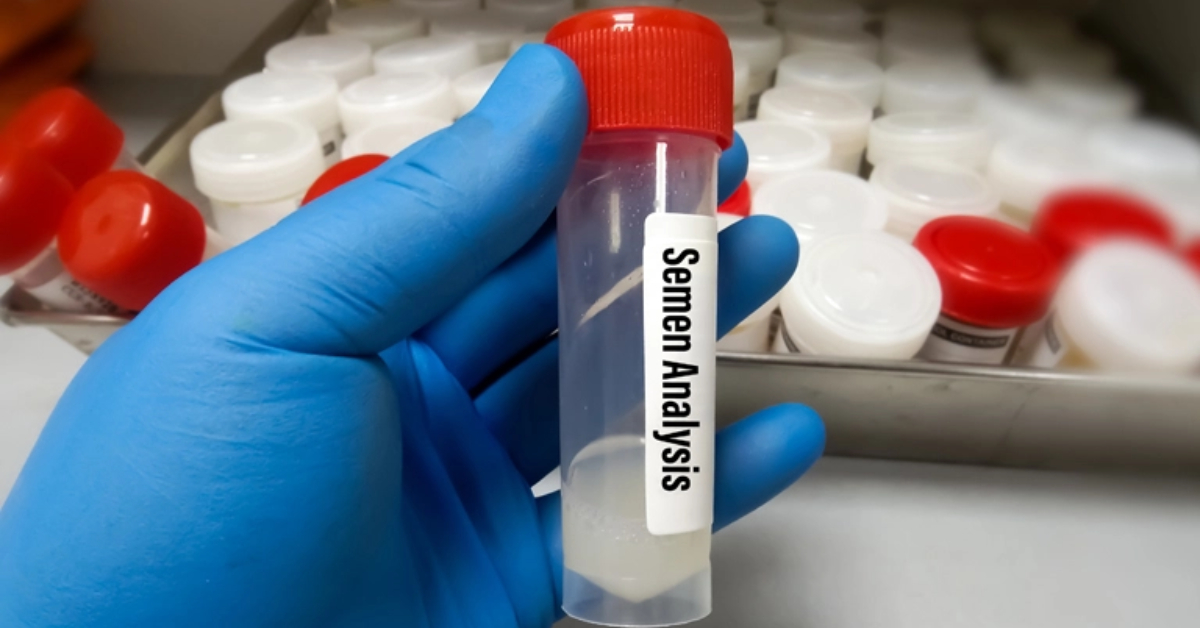The silent impact of pesticides on sperm count is making headlines for all the wrong reasons. A recent comprehensive analysis of studies spanning half a century has revealed a steep decline in sperm count among men worldwide. The culprit, as per the analysis, seems to lie within the pervasive use of pesticides, penetrating our homes, gardens, and even the foods we consume daily.
Dr. Melissa Perry, the senior study author and Dean of the College of Public Health at George Mason University, shed light on the statistics. “Over 50 years, sperm concentration has plummeted by approximately 50% globally.” This raises questions about the adverse effects of our reliance on pesticides — particularly two common culprits, organophosphates and N-methyl carbamates.

Read Also:
Organophosphates are common in nerve gas, herbicides, plastics, and various pesticides. They are extensively used in agriculture and household applications. N-methyl carbamates share operational similarities with organophosphates. They target insects’ nervous systems, finding applications in crop protection across a spectrum of fruits, vegetables, and field crops.
Experts, including Dr. Alexander Pastuszak from The University of Utah School of Medicine, emphasize the concerning association between these chemicals and declining sperm concentration.
“There’s enough evidence to suggest that these compounds can detrimentally impact male fertility, although the true impact on fertility remains uncharted until individuals attempt conception.”
Dr. Alexander Pastuszak
The study, recently published in Environmental Health Perspectives, examined numerous research papers globally. It establishes a link between pesticide exposure and diminished sperm concentration in men. High-exposure groups, particularly those engaged in agricultural activities, exhibited significantly lower sperm concentrations compared to those with minimal exposure.

Sperm count and quality are critical indicators for future fertility. The study highlights that sperm concentration is a vital measure for comparing men across studies, considering variations in semen volume. Animal studies further explained how pesticides interfere with hormonal balance, damage testicular cells, and disrupt brain neurotransmitters crucial for sperm production.
“Sperm health reflects broader male well-being. Awareness of environmental insecticides and minimizing unnecessary exposure becomes crucial, especially for individuals planning families.”
Dr. Melissa Perry
However, pesticides don’t stand alone as a solitary threat. Researchers explore multifaceted factors such as obesity, poor diet, chronic diseases, and exposure to environmental toxins, including pollution and radiation from mobile phones. Recent findings link excessive mobile phone usage among young men to heightened risks of low sperm count. This further deepens concerns about modern lifestyle impacts on fertility.
Beyond pesticides, advocacy groups underscore the persistent challenge of pesticide residues in food. Despite promises by major food manufacturers to lower pesticide levels, an ongoing failure persists. Dr. Perry emphasized the urgency for collective action to minimize insecticide exposure, framing it as a critical public health issue.
Subscribe to Switch TV
Consumer-centric actions to mitigate pesticide exposure exist. Opting for organic produce significantly reduces pesticide intake, according to experts. The Environmental Working Group’s yearly guide identifies produce with the most and least pesticide residues. Thus, empowering consumers to make informed choices. It advises washing produce thoroughly with water, without resorting to detergents and adhering to FDA recommendations.
As scientific evidence mounts, acknowledging and addressing the impact of pesticides on sperm count serves as a clarion call for broader societal changes. It is crucial to empower individuals to make informed choices about their consumption patterns. Also, advocating for collective measures to curtail pesticide usage can be useful in safeguarding male fertility.
















